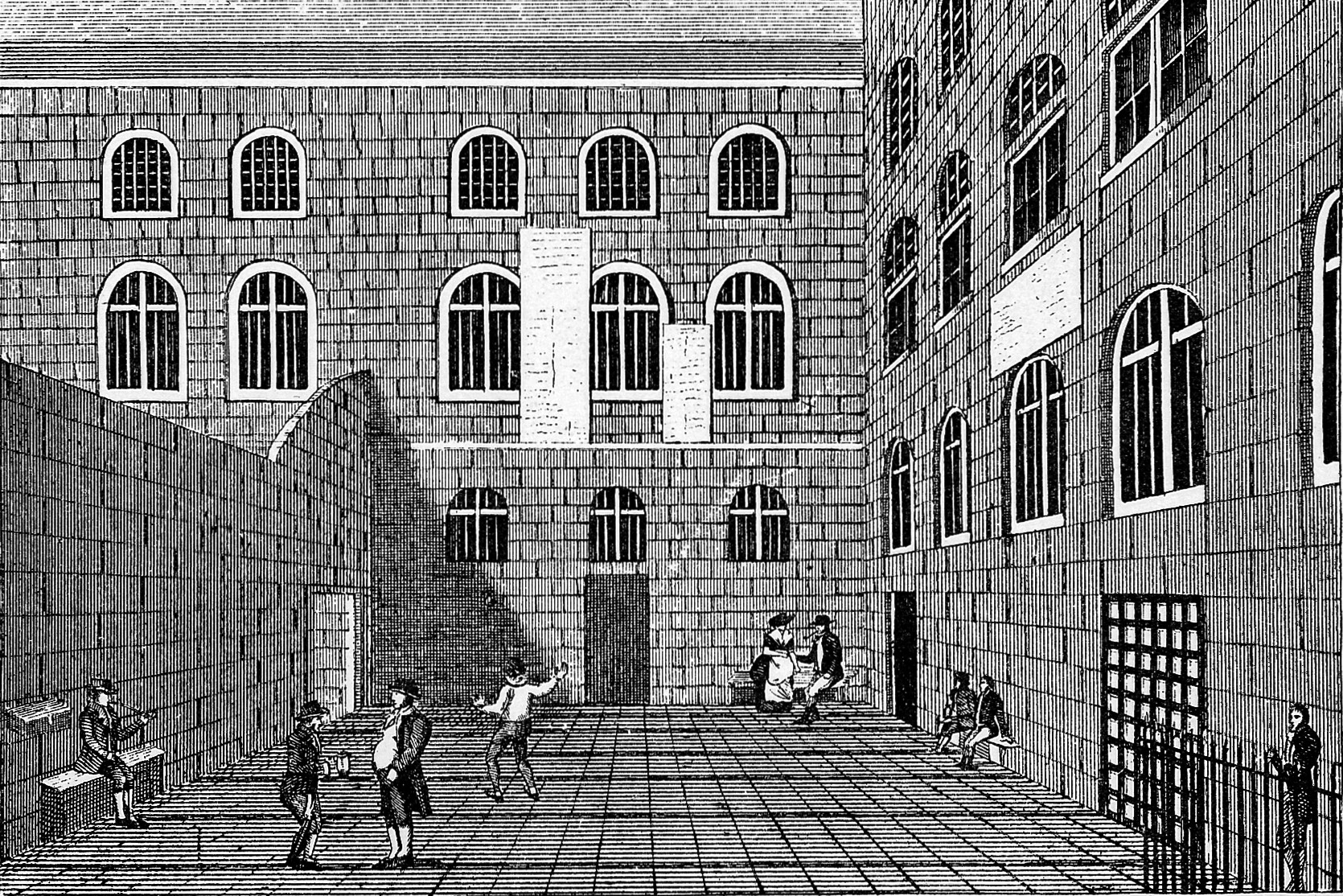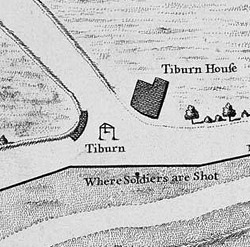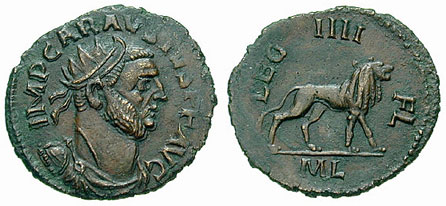|
Ordinary Of Newgate's Account
''The Ordinary of Newgate's Account'' was a sister publication of the ''Old Bailey's Proceedings'', regularly published from 1676 to 1772 and containing biographies and last dying speeches of the prisoners executed at Tyburn during that period. The ''Accounts'' were written by the chaplain (or "Ordinary") of Newgate Prison, recounting the statements made by the condemned during confession. Over 400 editions were published, containing biographies of some 2,500 executed criminals. Although target of many objections and criticism during the 18th century, since much of their contents can be verified from external sources, if carefully used the ''Accounts'' provide an important source of knowledge on many aspects of 18th century English history. All surviving accounts relating to convicts tried at sessions of the Old Bailey court and published under the name of the Ordinary of Newgate can be consulted on the Old Bailey Proceedings Online website. Form of the Accounts The external ... [...More Info...] [...Related Items...] OR: [Wikipedia] [Google] [Baidu] |
Tyburn
Tyburn was a manor (estate) in the county of Middlesex, one of two which were served by the parish of Marylebone. The parish, probably therefore also the manor, was bounded by Roman roads to the west (modern Edgware Road) and south (modern Oxford Street), the junction of these was the site of the famous Tyburn Gallows (known colloquially as the "Tyburn Tree"), now occupied by Marble Arch. For this reason, for many centuries, the name Tyburn was synonymous with capital punishment, it having been the principal place for execution of London criminals and convicted traitors, including many religious martyrs. It was also known as 'God's Tribunal', in the 18th century. Tyburn took its name from the Tyburn Brook, a tributary of the River Westbourne. The name Tyburn, from Teo Bourne, means 'boundary stream',Gover, J. E. B., Allen Mawer and F. M. Stenton ''The Place-Names of Middlesex''. Nottingham: English Place-Name Society, The, 1942: 6. but Tyburn Brook should not be confused ... [...More Info...] [...Related Items...] OR: [Wikipedia] [Google] [Baidu] |
Sacrament
A sacrament is a Christian rite that is recognized as being particularly important and significant. There are various views on the existence and meaning of such rites. Many Christians consider the sacraments to be a visible symbol of the reality of God, as well as a channel for God's grace. Many denominations, including the Catholic, Lutheran, Anglican, Methodist, and Reformed, hold to the definition of sacrament formulated by Augustine of Hippo: an outward sign of an inward grace, that has been instituted by Jesus Christ. Sacraments signify God's grace in a way that is outwardly observable to the participant. The Catholic Church, Hussite Church and the Old Catholic Church recognise seven sacraments: Baptism, Penance (Reconciliation or Confession), Eucharist (or Holy Communion), Confirmation, Marriage (Matrimony), Holy Orders, and Anointing of the Sick (Extreme Unction). The Eastern Churches, such as the Eastern Orthodox Church and Oriental Orthodox Church as well ... [...More Info...] [...Related Items...] OR: [Wikipedia] [Google] [Baidu] |
Prisons In London
A prison, also known as a jail, gaol (dated, standard English, Australian, and historically in Canada), penitentiary (American English and Canadian English), detention center (or detention centre outside the US), correction center, correctional facility, lock-up, hoosegow or remand center, is a facility in which inmates (or prisoners) are confined against their will and usually denied a variety of freedoms under the authority of the state as punishment for various crimes. Prisons are most commonly used within a criminal justice system: people charged with crimes may be imprisoned until their trial; those pleading or being found guilty of crimes at trial may be sentenced to a specified period of imprisonment. In simplest terms, a prison can also be described as a building in which people are legally held as a punishment for a crime they have committed. Prisons can also be used as a tool of political repression by authoritarian regimes. Their perceived opponents may be imp ... [...More Info...] [...Related Items...] OR: [Wikipedia] [Google] [Baidu] |
Penal System In England
Penal is a town in south Trinidad, Trinidad and Tobago. It lies south of San Fernando, Princes Town, and Debe, and north of Moruga, Morne Diablo and Siparia. It was originally a rice- and cocoa-producing area but is now a rapidly expanding and developing town. The population is 12,281. The heart of Penal contains many businesses while the outskirts focus on agricultural development. Penal has a market, police station, branches of three banks (Scotiabank, Republic Bank and First Citizens Bank) health facilities, grocery stores, convenience stores, bars, fast food restaurants, service stations, restaurants, puja stores, an Indian expo, and clothing stores. Penal plays a major role in the energy supply to the nation's populace. Petrotrin, the national oil company, has a major sub-unit in Clarke Road and the National Gas Company has gas lines running through Penal that links the gas fields of the South East Coast and the industrial estates. One of the countries three major power ge ... [...More Info...] [...Related Items...] OR: [Wikipedia] [Google] [Baidu] |
History Of London
The history of London, the capital city of England and the United Kingdom, extends over 2000 years. In that time, it has become one of the world's most significant financial and cultural capital cities. It has withstood plague, devastating fire, civil war, aerial bombardment, terrorist attacks, and riots. The City of London is the historic core of the Greater London metropolis, and is today its primary financial district, though it represents only a small part of the wider metropolis. Foundations and prehistory Some recent discoveries indicate probable very early settlements near the Thames in the London area. In 1993, the remains of a Bronze Age bridge were found on the Thames's south foreshore, upstream of Vauxhall Bridge. This bridge either crossed the Tha ... [...More Info...] [...Related Items...] OR: [Wikipedia] [Google] [Baidu] |
18th Century In London
18 (eighteen) is the natural number following 17 and preceding 19. In mathematics * Eighteen is a composite number, its divisors being 1, 2, 3, 6 and 9. Three of these divisors (3, 6 and 9) add up to 18, hence 18 is a semiperfect number. Eighteen is the first inverted square-prime of the form ''p''·''q''2. * In base ten, it is a Harshad number. * It is an abundant number, as the sum of its proper divisors is greater than itself (1+2+3+6+9 = 21). It is known to be a solitary number, despite not being coprime to this sum. * It is the number of one-sided pentominoes. * It is the only number where the sum of its written digits in base 10 (1+8 = 9) is equal to half of itself (18/2 = 9). * It is a Fine number. In science Chemistry * Eighteen is the atomic number of argon. * Group 18 of the periodic table is called the noble gases. * The 18-electron rule is a rule of thumb in transition metal chemistry for characterising and predicting the stability of metal complexes. In ... [...More Info...] [...Related Items...] OR: [Wikipedia] [Google] [Baidu] |
Legal History Of England
Law is a set of rules that are created and are enforceable by social or governmental institutions to regulate behavior,Robertson, ''Crimes against humanity'', 90. with its precise definition a matter of longstanding debate. It has been variously described as a science and as the art of justice. State-enforced laws can be made by a group legislature or by a single legislator, resulting in statutes; by the executive through decrees and regulations; or established by judges through precedent, usually in common law jurisdictions. Private individuals may create legally binding contracts, including arbitration agreements that adopt alternative ways of resolving disputes to standard court litigation. The creation of laws themselves may be influenced by a constitution, written or tacit, and the rights encoded therein. The law shapes politics, economics, history and society in various ways and serves as a mediator of relations between people. Legal systems vary between ... [...More Info...] [...Related Items...] OR: [Wikipedia] [Google] [Baidu] |
History Of Literature In England
History (derived ) is the systematic study and the documentation of the human activity. The time period of event before the invention of writing systems is considered prehistory. "History" is an umbrella term comprising past events as well as the memory, discovery, collection, organization, presentation, and interpretation of these events. Historians seek knowledge of the past using historical sources such as written documents, oral accounts, art and material artifacts, and ecological markers. History is not complete and still has debatable mysteries. History is also an academic discipline which uses narrative to describe, examine, question, and analyze past events, and investigate their patterns of cause and effect. Historians often debate which narrative best explains an event, as well as the significance of different causes and effects. Historians also debate the nature of history as an end in itself, as well as its usefulness to give perspective on the problems of the p ... [...More Info...] [...Related Items...] OR: [Wikipedia] [Google] [Baidu] |
Prison Writings
A prison, also known as a jail, gaol (dated, standard English, Australian, and historically in Canada), penitentiary (American English and Canadian English), detention center (or detention centre outside the US), correction center, correctional facility, lock-up, hoosegow or remand center, is a facility in which inmates (or prisoners) are confined against their will and usually denied a variety of freedoms under the authority of the state as punishment for various crimes. Prisons are most commonly used within a criminal justice system: people charged with crimes may be imprisoned until their trial; those pleading or being found guilty of crimes at trial may be sentenced to a specified period of imprisonment. In simplest terms, a prison can also be described as a building in which people are legally held as a punishment for a crime they have committed. Prisons can also be used as a tool of political repression by authoritarian regimes. Their perceived opponents may be im ... [...More Info...] [...Related Items...] OR: [Wikipedia] [Google] [Baidu] |
The Newgate Calendar
''The Newgate Calendar'', subtitled ''The Malefactors' Bloody Register'', was a popular work of improving literature in the 18th and 19th centuries. Originally a monthly bulletin of executions, produced by the Keeper of Newgate Prison in London, the Calendar's title was appropriated by other publishers, who put out biographical chapbooks about notorious criminals such as Sawney Bean, Dick Turpin, John Wilkes and Moll Cutpurse. Collected editions of these stories began to appear in the mid-18th century, and in 1774 a five-volume bound edition became the standard version. While many of its accounts are highly embellished and/or drawn uncritically from other sources, they are lively and full of incident, and often refer to contemporary events and social issues. Along with the Bible and John Bunyan's ''The Pilgrim's Progress'', the ''Calendar'' was famously in the top three works most likely to be found in the average home. The entries editorialise strongly against their subje ... [...More Info...] [...Related Items...] OR: [Wikipedia] [Google] [Baidu] |
Thieves' Cant
Thieves' cant (also known as thieves' argot, rogues' cant, or peddler's French) is a cant, cryptolect, or argot which was formerly used by thieves, beggars, and hustlers of various kinds in Great Britain and to a lesser extent in other English-speaking countries. It is now mostly obsolete and used in literature and fantasy role-playing, although individual terms continue to be used in the criminal subcultures of Britain and the United States. History It was claimed by Samuel Rid that thieves' cant was devised around 1530 "to the end that their cozenings, knaveries and villainies might not so easily be perceived and known", by Cock Lorel and the King of the Gypsies at The Devil's Arse, a cave in Derbyshire. It seems to have originated in this period, but the story is almost certainly a myth. Cant is a common feature of rogue literature of the Elizabethan period in England, in both pamphlets and Elizabethan theatre. Thomas Harman, a justice of the peace, included examp ... [...More Info...] [...Related Items...] OR: [Wikipedia] [Google] [Baidu] |
Middlesex
Middlesex (; abbreviation: Middx) is a historic county in southeast England. Its area is almost entirely within the wider urbanised area of London and mostly within the ceremonial county of Greater London, with small sections in neighbouring ceremonial counties. Three rivers provide most of the county's boundaries; the Thames in the south, the Lea to the east and the Colne to the west. A line of hills forms the northern boundary with Hertfordshire. Middlesex county's name derives from its origin as the Middle Saxon Province of the Anglo-Saxon Kingdom of Essex, with the county of Middlesex subsequently formed from part of that territory in either the ninth or tenth century, and remaining an administrative unit until 1965. The county is the second smallest, after Rutland, of the historic counties of England. The City of London became a county corporate in the 12th century; this gave it self-governance, and it was also able to exert political control over the rest of M ... [...More Info...] [...Related Items...] OR: [Wikipedia] [Google] [Baidu] |






.jpg)

